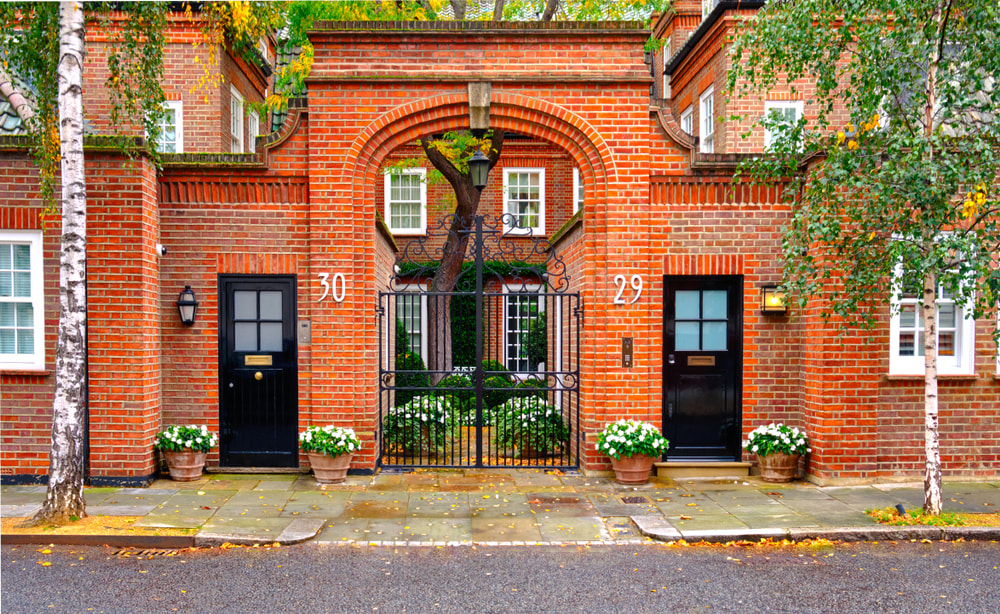Days
Hours
Minutes
Seconds
May 1 2026 - Renters' Right Act Commencement Day
You have 0 days to:
Serve any final Section 21 notices
Stop accepting above-asking rent offers
Prepare for the rental bidding ban
Remove “No DSS” from adverts
Remove “No Children” from listings
Show one clear rent price
Stop using fixed-term agreements
Switch to periodic tenancy templates
Check which tenancies go periodic
Stop taking rent before signing
Take no more than one month’s rent
Move all evictions to Section 8
Train staff on new notice rules
Create Section 13 process flow
Add two months to rent reviews
File court claims for Section 21s
Update landlord move-in grounds
Update landlord selling grounds
Send the RRA Information Sheet
Create written terms where missing
Update How to Rent processes
Review tenant screening questions
Update pet request processes
Stop backdating rent increases
Discuss rent protection backbooks
Act now before it is too late...
Global renting round-up: Rent controls, an Airbnb backlash and build-to-rent
We round up the biggest stories from the private rented sector around the world, visiting Europe, the US, Canada and Australasia.
Andrea Warmington
Jun 26, 2019
Renting is big business around the world and new innovations and legislation overseas are often replicated across the globe, including here in the UK. In this month’s global renting round up, we visit major cities in Europe, New York, Sydney, Canada and New Zealand.
New rent control legislation hits Berlin and New York
Rents will be frozen for the next five years in the German capital under a new law which comes into effect in January 2020. The new law will apply to 1.4 million properties, but not social housing or new builds. The freeze on rents is the result of increasing anger at a perceived lack of affordable housing in the city, where rents have more than doubled in the past decade, but is expected to face pushback from property owners. Meanwhile, in New York, new rent control legislation will make permanent rent control laws, that for the past 25 years, have been subject to periodic renewal, as well as capping the value of capital spending improvements that landlords can pass on to renters.
Build-to-rent gaining momentum in Sydney as rental market grows
The number of rented households has grown by 500,000 in Australia over the past decade and, with more than 30% of the population now renting, the burgeoning build-to-rent sector is gaining traction. Local real estate investment company Mirvac has ear-marked two buildings in Sydney as build-to-rent offerings, with Lendlease and Stockland are also said to be looking at expanding into the sector, according to the Sydney Morning Herald. Taxation issues and planning regimes surrounding investments has made it difficult for investors to enter the sector, but there is increasing pressure being put on state governments to make the sector more accessible for developers.
Cities around the world fighting impact of Airbnb on rental stock
Airbnb and other holiday rental sites are having a significant impact on the local rental supply in Canada, according to a study by McGill University researchers, which found more than 31,000 homes were rented out so often on Airbnb in 2018 that they were likely removed from the country’s long-term rental supply. The study follows a joint letter from ten European cities to the European Union demanding more help to fight the expansion of the holiday rental platform, which they say is contributing to shortages of rental housing in Amsterdam, Barcelona, Berlin, Bordeaux, Brussels, Krakow, Munich, Paris, Valencia and Vienna.
Landlords face fines for missing mandatory improvement deadline in New Zealand
Landlords in New Zealand are facing fines if they don’t insulate their properties 1st July. The regulation, which was passed in 2016, is similar to the requirements for landlords in England and Wales under the The Minimum Energy Efficiency Standards, where landlords have to spend a minimum of £3,500 towards improving rental properties and bring them in line with the minimum energy efficiency standards by 1st April 2020. In New Zealand, landlords must install underfloor and overhead insulation in rentals by the deadline or face a $4000 fine. A report estimated there were between 126,000 and 220,000 houses left to insulate at the end of last year, with industry capacity for 50,000 to 60,000 properties each year - meaning many landlords who have left it to the last minute will likely miss the deadline.


